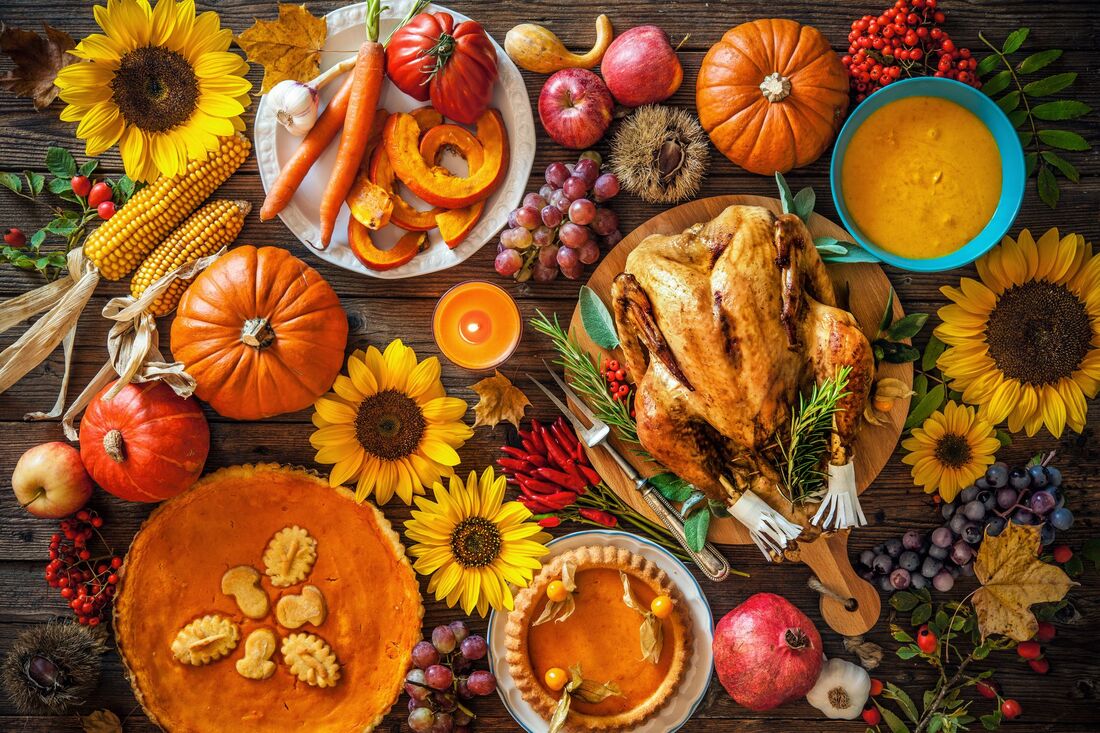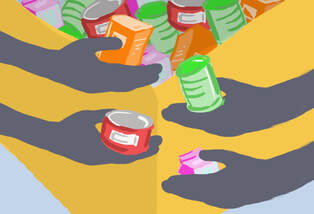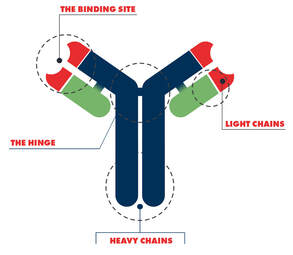|
All across America, Thanksgiving is celebrated as a time of love, appreciation, and gathering. Unfortunately, many families across the nation cannot afford to buy adequate food supplies year round — let alone for Thanksgiving. The situation is even more troubling for individuals who also experience medical dietary restrictions; allergen-free food is often even more expensive and inaccessible.
What is Nourish America doing about it? This Thanksgiving, Nourish America is helping all families in the local area spend time with their families without having to worry about getting food on the table. We are excited to announce that we will be hosting an allergy-friendly food drive at the ShopRite in South Plainfield, NJ! How can I get involved? There are many ways for you to get involved in helping members of your community! The easiest is by participating in food drives — you simply have to buy an extra canned or boxed good when you stop by the grocery store. Make sure to contribute to our food drive by buying an allergen-free food and dropping it in the box at the entrance of ShopRite. You can also spread awareness by handing out our food drive flyers or simply by talking to others that you interact with on a day-to-day basis. Spreading awareness will help more people join the cause and understand the severity of the issue, and possibly even donate. You can also consider volunteering at your local food bank or hosting your own food drive. Although this requires a larger commitment of time and effort, it will really make a difference and allow significantly more people to enjoy Thanksgiving with allergy-friendly food on their plates. And finally, use your creativity and skills to come up with ideas of your own! There are so many ways to give back to the community and utilize your talents at the same time. Happy Thanksgiving! By Nami Jain
0 Comments
Thanksgiving is a holiday in which people gather to celebrate all that they have to be thankful for: family, friends, good health, to name a few. However, not everyone is able to celebrate Thanksgiving with food on their table.
The USDA defines food insecurity as “a household-level economic and social condition of limited or uncertain access to adequate food.” In 2018, 14.3 million American households were classified as having food insecurity. This is a staggering number which becomes even more worrisome because 12 million American children live in food-insecure homes today. Food insecurity can have a profound impact on society and public health. People with food insecurity sometimes live in “food deserts” or areas where it is difficult to buy affordable and fresh foods. In such areas, supermarkets are few and far between, while fast food restaurants are numerous. Thus, it is no surprise that food insecurity is associated with a rise in obesity in at least twelve states. People who live in food deserts often resort to eating inexpensive, calorically dense foods with poor nutritional value. To solve food insecurity in America, a nonprofit organization called the Fair Food Network in Detroit, MI (one of the nation’s top food deserts) has come up with a solution: the Double Up Food Bucks program. Under this initiative, Michigan Supplemental Nutrition Assistance Program (SNAP) participants get double value for every SNAP dollar they use to buy fresh fruits and vegetables at certain grocery stores. Indeed, the Double Up program is not a panacea for food insecurity: more supermarkets need to be built in food deserts and public transportation improved so that people can reach them. But it shows how states can incentivize and support people with food insecurity to access healthful foods. Another organization working to end food insecurity is the Community Food Bank of New Jersey. As the state’s largest anti-hunger and anti-poverty organization, CFBNJ provides millions of meals annually to New Jerseyans living in hunger. Nourish America is proud to announce that the allergen-free donations from our 2019 Thanksgiving Food Drive, in collaboration with ShopRite, will be donated to the CFBNJ in Hillside, NJ so that they can continue giving throughout the holiday season and beyond. Sources: https://www.ncbi.nlm.nih.gov/pmc/articles/PMC5230819/ CFBNJ Official Website: https://www.cfbnj.org/ By Shreya Shivakumar The immune system is the human body's extremely powerful reaction system that thwarts bodily invaders like germs, viruses, and bacteria. Usually, it does wonders to fight dangerous infections and diseases with reactions like swelling and fever — however, it can sometimes mistake harmless objects for truly threatening ones, causing an allergic reaction to occur.
While almost anything can trigger an allergic reaction, from dust mites to pollen, one of the most common causes is a specific type of food, most commonly peanuts, tree nuts, and shellfish. It is estimated that about 4-6% of Americans have a type of food allergy, and for some, dietary restrictions can make it extremely difficult to find a proper meal. Today, we're going to investigate more closely the relationship between food allergies and the immune system. You may already be familiar with what an antibody is — a Y-shaped protein in the blood that can bond to a specific kind of particle in order to neutralize it by impeding it from functioning or by allowing another immune system cell to swallow it. These immunoglobulins are usually used to fight harmful pathogens — however, for people with food allergies, antibodies (called IgE in this case) develop in order to "fight" innocuous food particles. When this bonding occurs between the allergen and the IgE, mast cells release a hormone called histamine that causes allergic symptoms like itching, sneezing, swelling, and a runny nose that normally fight dangerous bacteria but are now unleashed against something as harmless as a walnut. Surprisingly, allergies occur more often in those who have primary immunodeficiencies, or a sub-optimally performing immune system. Because PIs often only affect a part of the immune system, the rest of the system will not be regulated as well and bad reactions can be exaggerated due to the lack of control and stability within the body. Additionally, exposure to bacteria as well as the medication to fight them can negatively affect the immune system as a whole and worsen the reactions as well. PIs and food allergies could also share a specific genetic cause, making them inherently interlinked. This can also make it more difficult to identify the cause behind certain symptoms — is my runny nose due to an allergy, a cold, a weak immune system, or all three? Even medical professionals can be confused by the variety of interrelated symptoms and infections that may result from an assortment of immune system issues, from allergies to a PI. Scientific and medical research continues to investigate these relationships and the complex causes behind food allergies. If you think you may be suffering from a food allergy, we recommend keeping an eye out for any possible clues, but don't be too quick to diagnose yourself — always go to a medical professional first if you have any questions or doubts. Happy early Thanksgiving from us to you at Nourish America! By Michelle Liu |
Details
Archives
May 2021
Categories |
Powered by
 Create your own unique website with customizable templates.
Create your own unique website with customizable templates.
 Create your own unique website with customizable templates.
Create your own unique website with customizable templates.





 RSS Feed
RSS Feed